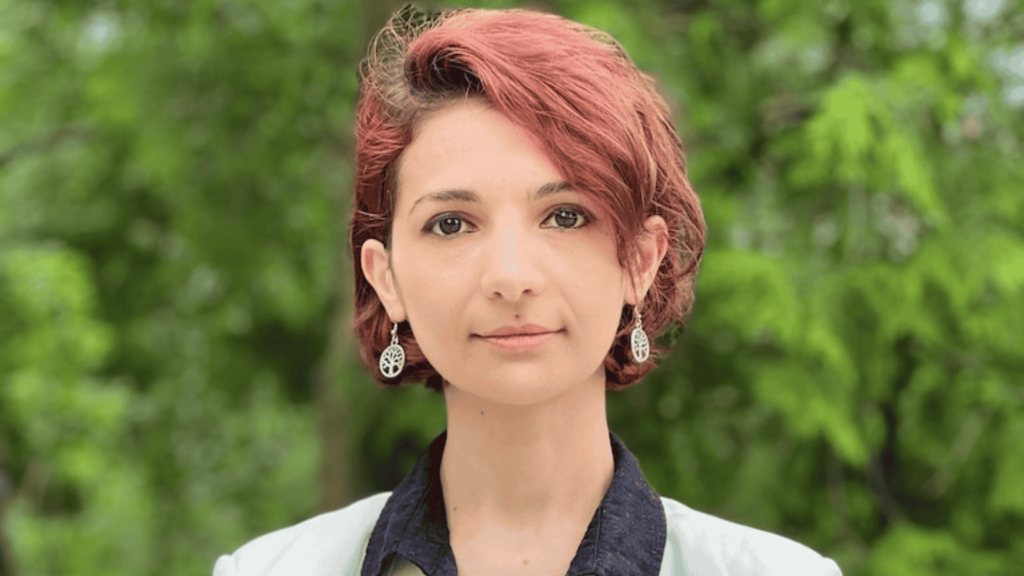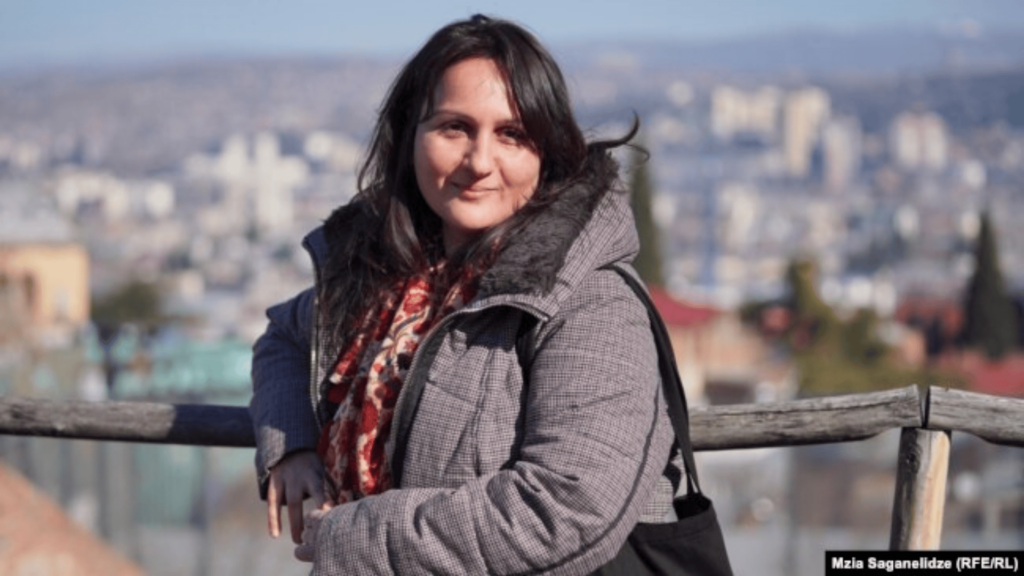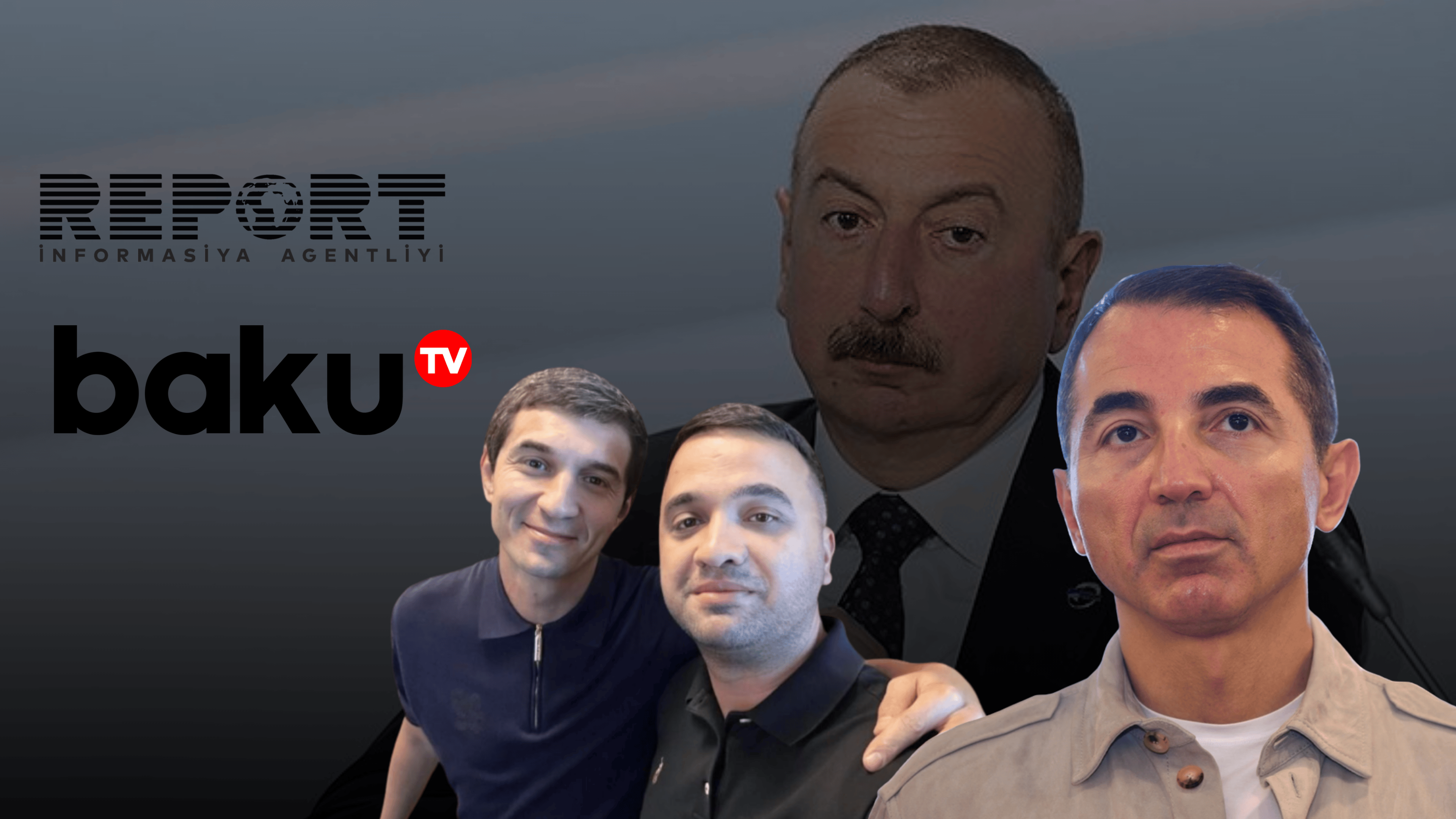Euronews opens Baku bureau as local journalists say authorities see it as no ‘threat’
Euronews opens office in Baku
The European news channel Euronews has opened an office in Baku, beginning work in media development and journalism in Azerbaijan. Independent Azerbaijani journalists see this as a continuation of the authorities’ suppression of independent media.
Fernandu Soares, head of Euronews’ Baku office, said the network’s goal is not limited to promoting Azerbaijan’s tourism and business opportunities to an international audience. He added that Euronews also intends to collaborate with the national media sector and organise training for journalists.
Pro-government sources note that the opening of the Euronews Academy in Baku is part of the office’s activities. Training topics reportedly include producing television news, live broadcasts, editing, and presenting materials in line with international standards.
From the perspective of Azerbaijan’s media environment, this step is seen as a chance for the country to participate in international news production and to expand professional resources for local journalists.
However, amid ongoing repression of independent media outlets such as AbzasMedia, Toplum TV, Meclis.info, and Meydan TV, the launch of a European channel in Azerbaijan has been met with mixed reactions from the country’s independent journalism community.
So what do independent journalists think?
JAMnews asked the views of independent journalists working both inside and outside the country..
The terms, place names, and opinions expressed in this piece by JAMnews reflect solely the views of the author or specific community and do not necessarily represent the position of JAMnews or its staff.
Media founder: ‘This is about creating conditions for opening ‘government-friendly’ media offices in Baku’

Fatima Karimli, co-founder of Mikroskop Media and a journalist living in exile, believes that Azerbaijani authorities will not be concerned about the activities of Euronews’ Baku office:
“If we talk about whether independent journalism still exists in Azerbaijan, meaning media operating inside the country, it cannot be said that independent outlets have truly survived. The independent journalists who remain in the country, unfortunately, can no longer work as they used to for well-known reasons.
Pressure is applied not only to local but also to foreign media, whose Baku offices periodically face various forms of coercion. Journalists working with such outlets are either persecuted or authorities demand a reduction in staff. Pro-government media have repeatedly published pieces portraying the Baku offices of foreign media as a threat. In this context, the opening of Euronews’ office in Baku indicates that authorities see no “threat” from this outlet.
This is especially true considering that Euronews has previously collaborated with Azerbaijan’s Ministry of Culture and its coverage of Azerbaijan has been highly rated by official Baku. It is therefore even more certain that authorities will not be worried about the Baku office’s activities.
Overall, these developments show that Azerbaijani authorities aim to control the coverage of any topics inside the country, whether in local or foreign media. Restricting media activity fully or partially, arresting journalists, and creating conditions for opening offices in Baku that are ‘convenient’ for the authorities—all of this is part of the same process.”
- There’s a rising trend of arresting female journalists in Azerbaijan
- Independent journalists in Baku demand repeal of law “On Media”
- 149th year of national press in Azerbaijan marked by record number of arrested journalists
Exiled journalist: “If they approached their work professionally, how would they assess their own actions?”

Meanwhile, independent journalist Aytan Farhadova, who lives abroad and works with OC Media, believes that Euronews’ training sessions will produce journalists who see events through “rose-tinted glasses” and disregard the perspectives of independent reporters:
“They are opening an office and planning to train journalists. When I saw the news about these trainings, I thought: almost all journalists who continued working in the country have been imprisoned. The opportunity to work as an independent journalist has been reduced to almost nothing. Working under your own name has been so demonised that those who still operate must do so anonymously. Today, independent journalism in Azerbaijan is effectively treated as a crime.
When I read this news, my first thought was about the campaigns the authorities run against us, those working in exile. When we publish material that the government dislikes or that criticises its actions, we are attacked by trolls on social media. Now, who will work for Euronews, which outwardly appears independent? These trainings will prepare journalists who look at everything through ‘rose-tinted glasses’ and refute what independent journalists are saying. They will write that ‘non-oil sector revenues have grown,’ but will not address the issues behind such headlines. They won’t explain how the consumer basket is calculated, what the minimum wage and pensions are, or whether people can survive on these amounts for a month.
In short, they will train journalists whose task is to create an appearance, and these people will work against us, the independent journalists. In a country where anti-democracy prevails and censorship has reached its peak, talking about freedom of speech and independent journalism is meaningless. Azerbaijan already threatens investigations against those living abroad who merely offer criticism without political ambitions. Bloggers are threatened with being brought back to the country, and so on.
In this environment, Euronews will continue operating in comfortable office conditions. I wonder, does this organisation consider its reputation?
I ask Euronews: if you truly approached your work professionally, how would you evaluate your own actions?”
Journalist living in Azerbaijan: ‘This is hypocrisy‘
A journalist living in Azerbaijan, who wished to remain anonymous for safety reasons, commented to JAMnews, referencing remarks by Fernandu Soares, head of Euronews’ Baku office:
“He noted that the programme would teach journalists to balance accuracy with emotional impact. As an independent journalist, I can say this is exactly what we were taught at Toplum TV, which is now branded a criminal organisation. Accuracy, avoiding manipulation, not misleading the public—our colleagues, with whom we worked shoulder to shoulder, our instructors who taught us these principles, are now being arrested for professional work.
Allowing a European media organisation to ‘train independent journalism’ in a country where those who genuinely practised it are jailed is hypocrisy.
I can no longer continue my work. The journalism profession I love could lead to a case being opened against me as a ‘smuggler,’ yet Euronews will be training journalists in its courses. What direction their work will take remains to be seen, but I believe they will be no different from state TV journalists. If the government truly cared about the future of independent journalism, it would not be imprisoning the professionals who practise it.”
Meydan TV: ‘Who owns Euronews, channel that managed to open an office in Baku?’
Euronews was founded on 1 January 1993. Although the channel maintained its independent status for many years, leadership changes took place in 2024, with Klaus Strunz appointed as the new head. According to Meydan TV, he is known for his right-wing background at the German publication Bild:
“Strunz wrote pieces against migrants, is known as a supporter of Israel, and has even been linked to business ties with Hungary’s right-wing leader Viktor Orbán. Politico notes that Orbán wields significant influence over the channel. Investigative reporting has also revealed that Euronews’ main owner, Alpac Capital, has close business and personal ties with the Hungarian leader.
Critics argue that these developments cast doubt on the channel’s independence. In recent years, Euronews has produced video reports praising Azerbaijan’s natural beauty, oil revenues, and economic situation.
This is why the stance of board chairman Pedro Vargas on Azerbaijan drew criticism during the Baku office opening. French newspaper Le Monde reported that in 2022 he sold the channel to a company linked to Orbán through questionable transactions.
Viktor Orbán is known in Europe for his right-wing and anti-democratic statements. He is close to Azerbaijani President Ilham Aliyev and is considered an ally in European policy decisions.
As Politico notes, following these ‘drastic changes,’ Euronews’ independent activity in Azerbaijan is also at risk.
With Azerbaijan ranking near the bottom of Reporters Without Borders’ press freedom index and effectively pushing independent media out of the country, it remains unclear under what conditions Euronews will operate there and whether it can maintain its independence.
Euronews opens office in Baku



















